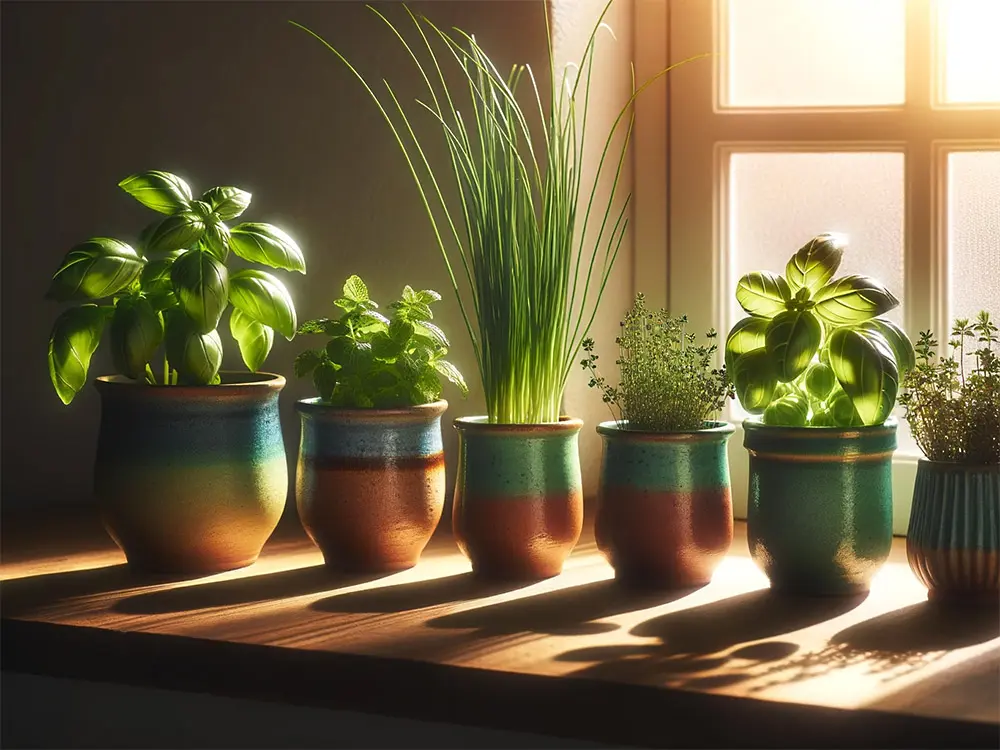Herb Gardening
5 Foolproof Herbs You Can Grow Indoors on Your Windowsill
Growing herbs indoors has gained traction as a practical and enjoyable hobby for both gardening enthusiasts and culinary aficionados.
The Joys of Indoor Herb Gardening
Having indoor plants can add life and vibrancy to your home, and herbs are no exception. Their varied colors and textures create an aesthetic appeal, while their delightful aromas can naturally fragrance your living space.
Imagine making your pasta sauce with basil plucked fresh from your windowsill, or enhancing your tea with a mint leaf harvested right from your living room. The freshness and flavor intensity of home-grown herbs are incomparable to store-bought versions.
Not to mention, indoor herb gardening can be a fantastic educational experience for both kids and adults. It teaches responsibility, patience, and the basic principles of botany and ecology.
Benefits of Having an Indoor Herb Garden
Over time, growing your herbs can save you money. Fresh herbs in grocery stores can be expensive and may go to waste if not used quickly. With an indoor herb garden, you harvest only what you need.
Additionally, home-grown herbs are more likely to be organic, free from harmful pesticides and fertilizers. Moreover, herbs like basil, mint, and oregano may offer health benefits ranging from anti-inflammatory properties to digestive aids.
Having an herb garden in your kitchen or living room provides unparalleled convenience. Unlike outdoor gardens, indoor herb gardens aren’t subject to seasons so you can enjoy a year-round supply of your favorite herbs.
The 5 Easiest Herbs to Grow Indoors
1. Basil
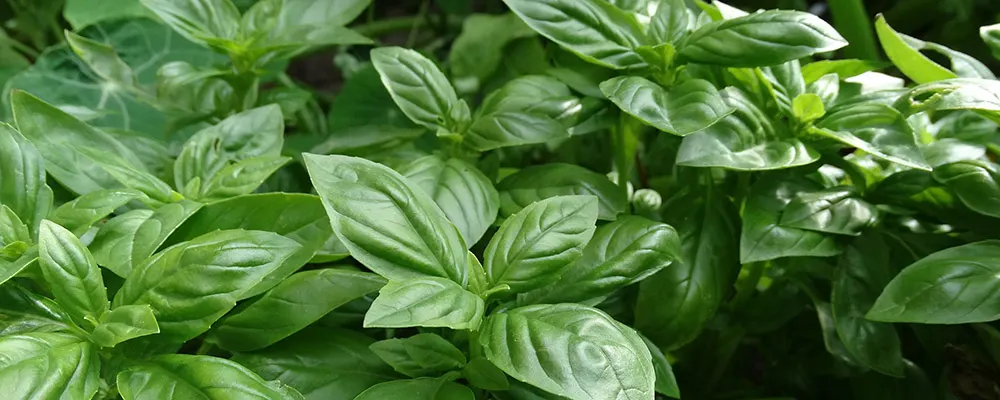
Growing Method: Basil thrives in well-drained soil and needs plenty of sunlight. Plant seeds or starter plants in a pot with ample drainage holes. Keep it in a sunny spot, like a south-facing window.
Growing Tip: Water basil regularly but avoid waterlogging the soil. Let the top inch of the soil dry out before watering again.
Challenge: Basil is sensitive to temperature fluctuations. Keep it away from drafty windows and doors to prevent wilting.
2. Chives
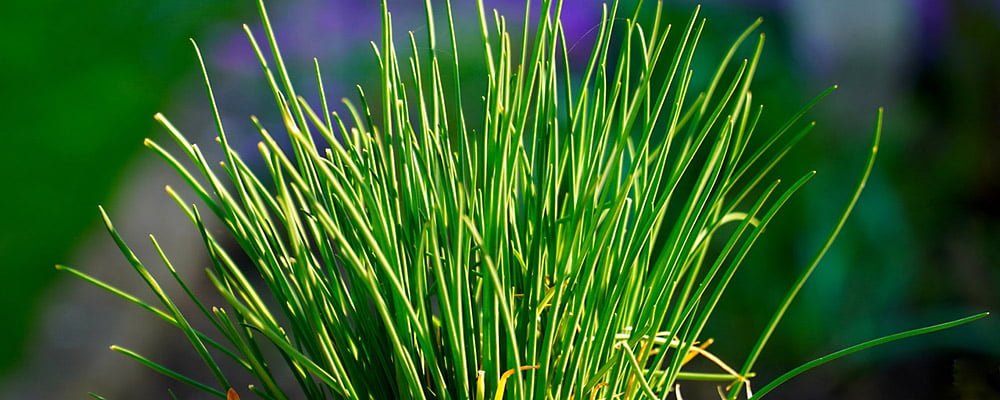
Growing Method: Chives can be easily started from seeds or divided from an existing plant. They prefer rich, moist soil and can tolerate partial shade.
Growing Tip: Regular trimming helps chives grow thicker. Use scissors to snip off the tops, leaving about 2 inches of growth.
Challenge: Overwatering is a common issue. Ensure good drainage and let the soil slightly dry out between watering sessions.
3. Mint
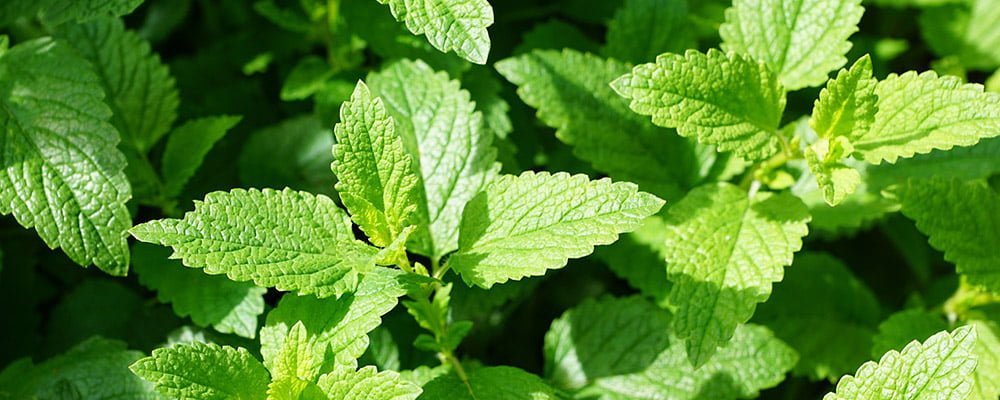
Growing Method: Mint is best grown from cuttings or transplants rather than seeds. Plant in a pot with well-draining soil and place in indirect light.
Growing Tip: Mint is an aggressive grower. To prevent it from overtaking other plants, grow it in a separate pot.
Challenge: Watch out for pests like aphids and spider mites. Regularly inspect the leaves and apply organic pest control if necessary.
4. Oregano
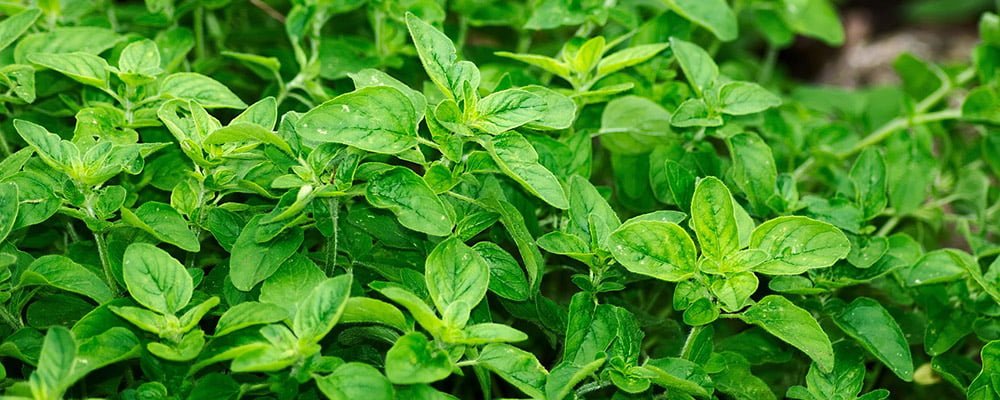
Growing Method: Start with seeds or a small plant. Oregano prefers a mix of sun and shade and well-draining soil.
Growing Tip: Prune regularly to encourage a bushy growth and prevent it from becoming leggy.
Challenge: Oregano can suffer from root rot in overly moist conditions. Be cautious not to overwater.
5. Thyme
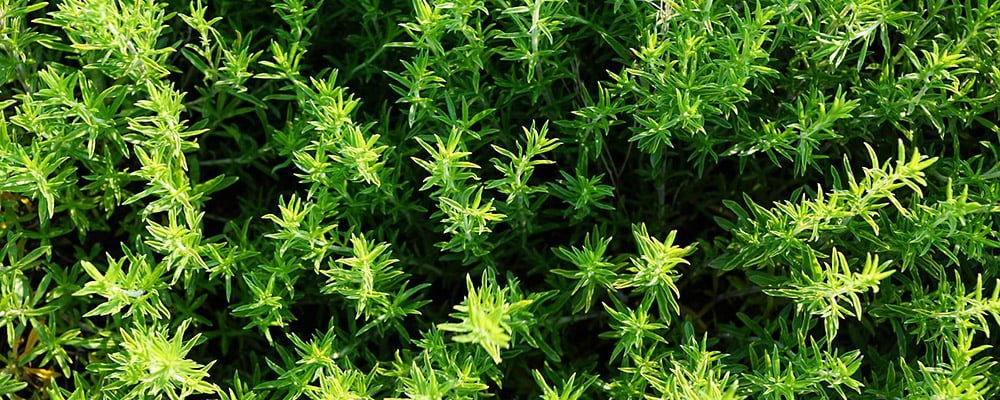
Growing Method: Thyme can be grown from seeds, cuttings, or young plants. It prefers full sun and well-drained soil.
Growing Tip: Thyme doesn’t need a lot of water. Let the soil dry out completely between watering.
Challenge: Thyme can struggle in high humidity environments. Ensure good air circulation around the plant.
Each of these herbs brings its own unique flavor and aroma to your indoor garden, making them not just practical but also enjoyable to grow. Remember, understanding each herb’s specific needs is key to successful indoor gardening!
Conclusion
The joys and benefits of having an indoor herb garden are numerous from the aesthetic appeal and culinary advantages to educational and health benefits. Growing herbs like basil, chives, mint, oregano, and thyme can be a fulfilling endeavor, requiring minimal investment of time and resources.
Whether you’re a novice looking to start your first garden or a seasoned gardener wanting to expand your horizons, an indoor herb garden offers an accessible and rewarding experience.
FAQ: Easiest Herbs to Grow
What is the most difficult herb to grow?
Lavender is often considered the most difficult herb to grow indoors. It requires a lot of light and well-drained soil to thrive, and it’s sensitive to humidity and overwatering, making it challenging for beginners.
Can you grow herbs indoors without sunlight?
While sunlight is ideal, some herbs can tolerate low-light conditions if supplemented with artificial light. Herbs like mint and chives can survive under fluorescent or LED grow lights, though they may not thrive as well as they would in natural light.
Is it cheaper to grow your own herbs?
Growing your own herbs can be more cost-effective in the long run. The initial investment in seeds, soil, and pots may seem high, but once established, an herb garden provides a continuous supply, saving you from buying expensive fresh herbs regularly.
What is the fastest herb to grow?
Cilantro is one of the fastest herbs to grow, often sprouting within 7-10 days of planting. This quick growth cycle makes it ideal for those who are impatient or new to gardening, as it provides almost immediate rewards.
Where is the best place to grow herbs indoors?
The best place to grow herbs indoors is a sunny windowsill that receives at least 6 hours of natural light per day. Southern-facing windows are usually ideal. Make sure the area is free from drafts and sudden temperature changes for optimal growth.


